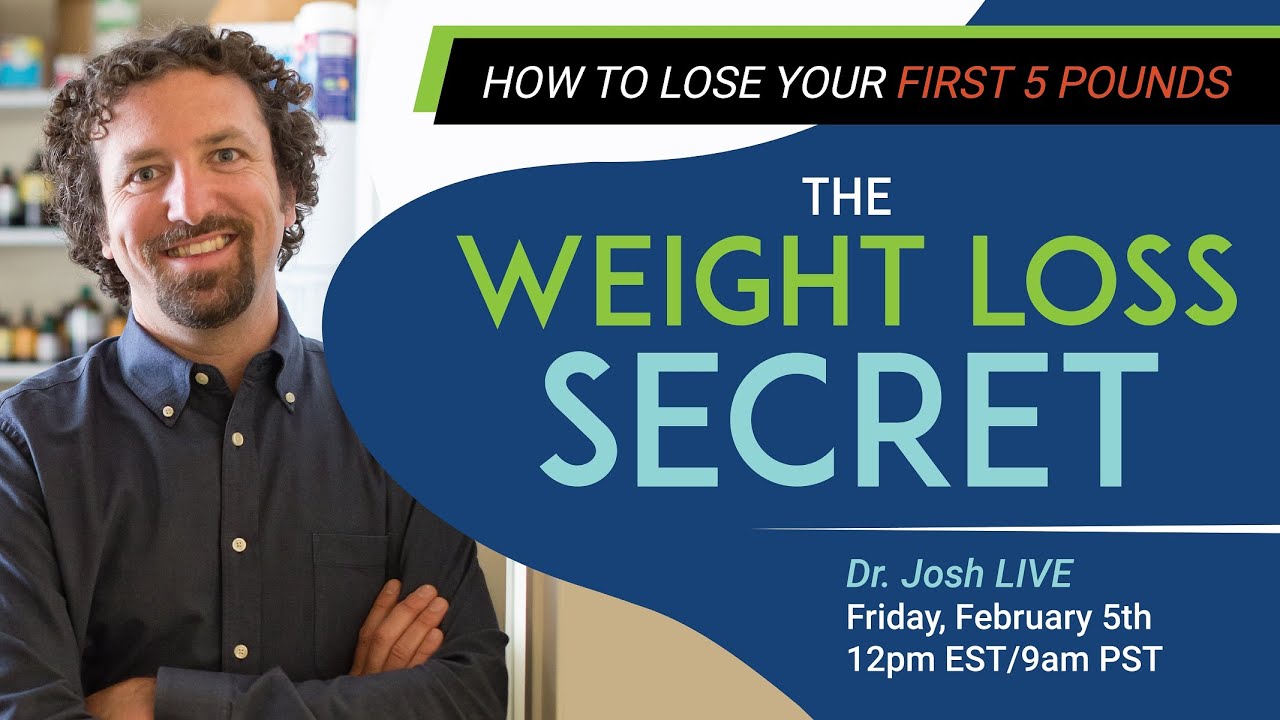Mainstream doctors are on the job site… but they do not have the right tools in the toolbox to help them to get the job done.
This is a difficult dilemma… let me explain. Patients with chronic illnesses come to doctors as entrusted professionals who have dedicated their lives to the care of the sick. There is no question that most of the illnesses that these patients are suffering from are the direct result of poor diet and lifestyle choices. This puts conventional physicians in the perfect position to discuss nutrition with their patients, but they lack the training and experience in nutrition… so they’re poorly equipped to dispense that advice.
How lacking are traditional physicians when it comes to nutritional knowledge? Here’s a statistic (and a takeaway) that should alarm everyone… especially those of us who know that diet is inextricably linked to health. According to Dr. David Eisenberg, an associate professor of nutrition at Harvard: “Today, most medical schools in the United States teach less than 25 hours of nutrition over four years. The fact that less than 20 percent of medical schools have a single required course in nutrition, it’s a scandal. It’s outrageous. It’s obscene.” No wonder, “most graduating medical students continue to rate their nutrition preparation as inadequate.”
Not only are conventional physicians poorly trained in nutrition, many have poor diets and lifestyles themselves. I have vivid memories of an appointment with one of my patients, a conventional physician who is nearly 100 pounds overweight. I had to point out that drinking 10-12 diet sodas every day was probably not a good idea. And he’s not alone… studies have demonstrated that up to 40% of physicians are overweight or obese. This certainly puts them in an awkward position when trying to discuss weight loss with their patients.
So… therein lies the rub. Ideally, doctors should be on the front lines of nutritional education, but most are woefully ill-prepared to dispense this kind of information. This issue was highlighted in a recent editorial in JAMA, which argues that family practitioners should be doing a lot more to educate their patients about the difference healthy eating habits can make in a person’s life. Here are some findings from that article that I believe are worth calling attention to:
- Finally, conventional medicine is acknowledging that: “Poor nutrition is a key contributor to most chronic diseases in the United States, including diabetes, hypertension, obesity, cardiovascular disease and cancer (Source: Dr. JoAnn E. Manson of Harvard Medical School).”
- Only 12 percent of doctor visits include any form of nutritional counseling.
- Even modest improvements in diet can have a hugely positive impact on health. Adding just one serving of fruit per day can reduce the risk of cardiovascular disease by 8 percent!
- Only 20 percent of high-risk patients (those with cardiovascular disease, diabetes, or hypertension) receive any nutritional advice whatsoever.
Takeaway
The authors of the JAMA article recommend that primary physicians utilize questionnaires for assessing diets, nutritional handouts, and both one-on-one and team-centered dietary coaching as part of routine office visits.
All these ideas have merit, but I’m left wondering whether conventional physicians (who are experts on acute care, not clinical nutrition) should be taking the lead in dispensing nutritional advice.
The JAMA article is very worthwhile insofar as it calls attention the sad state of affairs of nutritional counseling within the field of traditional medicine. Educating patients about the impact their diets have on health shouldn’t be so difficult. But a doctor who doesn’t have a firm background in nutrition is a lot like a carpenter who goes to work without some of his most effective tools.
I agree with the JAMA article that patients need better nutritional advice, and I sincerely hope that nutrition education in conventional medical training improves in the future. But, until the time comes when we have a health care system rather than a disease-focused medical industry… stick with a naturopathic doctor for your nutritional advice.
If you are frustrated with the reality that your own doctor can’t answer your nutrition or natural health questions… you will be interested in my Natural Medicine Insiders (NMI) group. NMI is a place where we dive deep into natural health and discuss topics including nutrition, herbal medicine, and more. You can get a 30-day free trial of the program right here.
Take good care,
Dr. Josh









